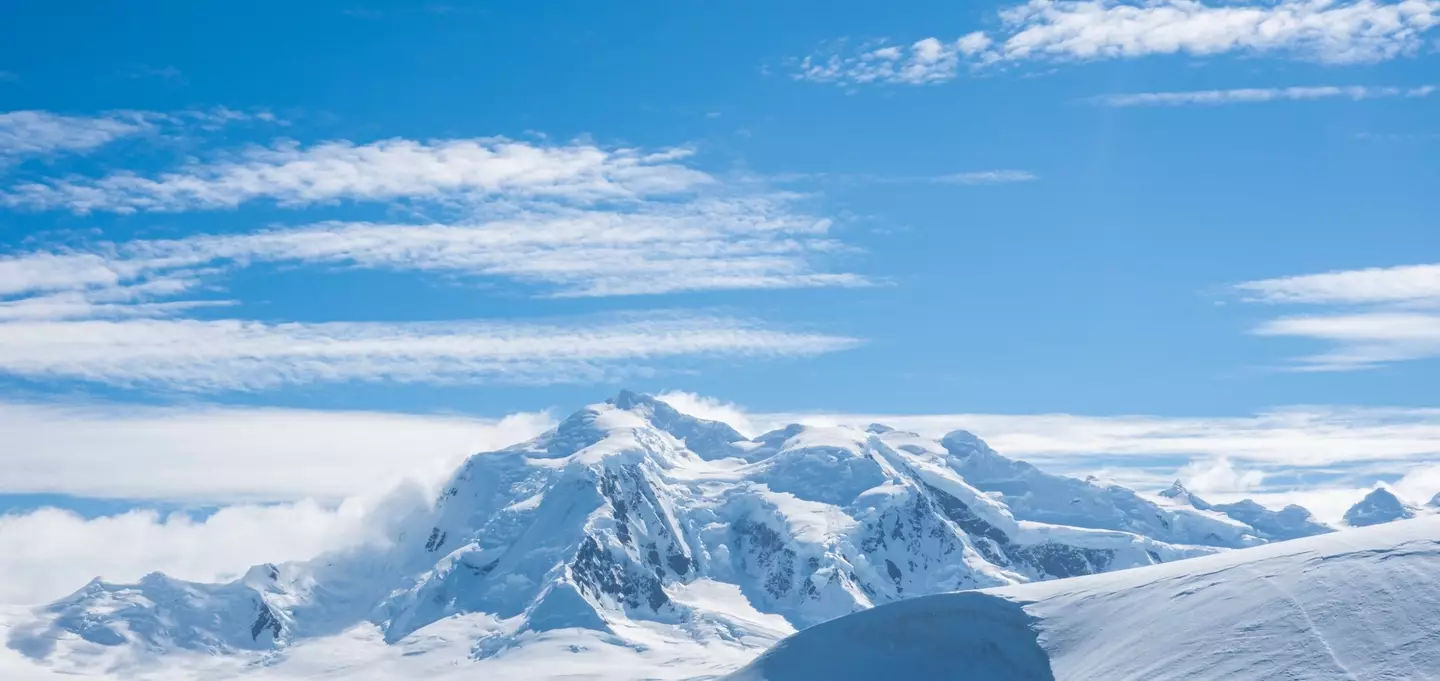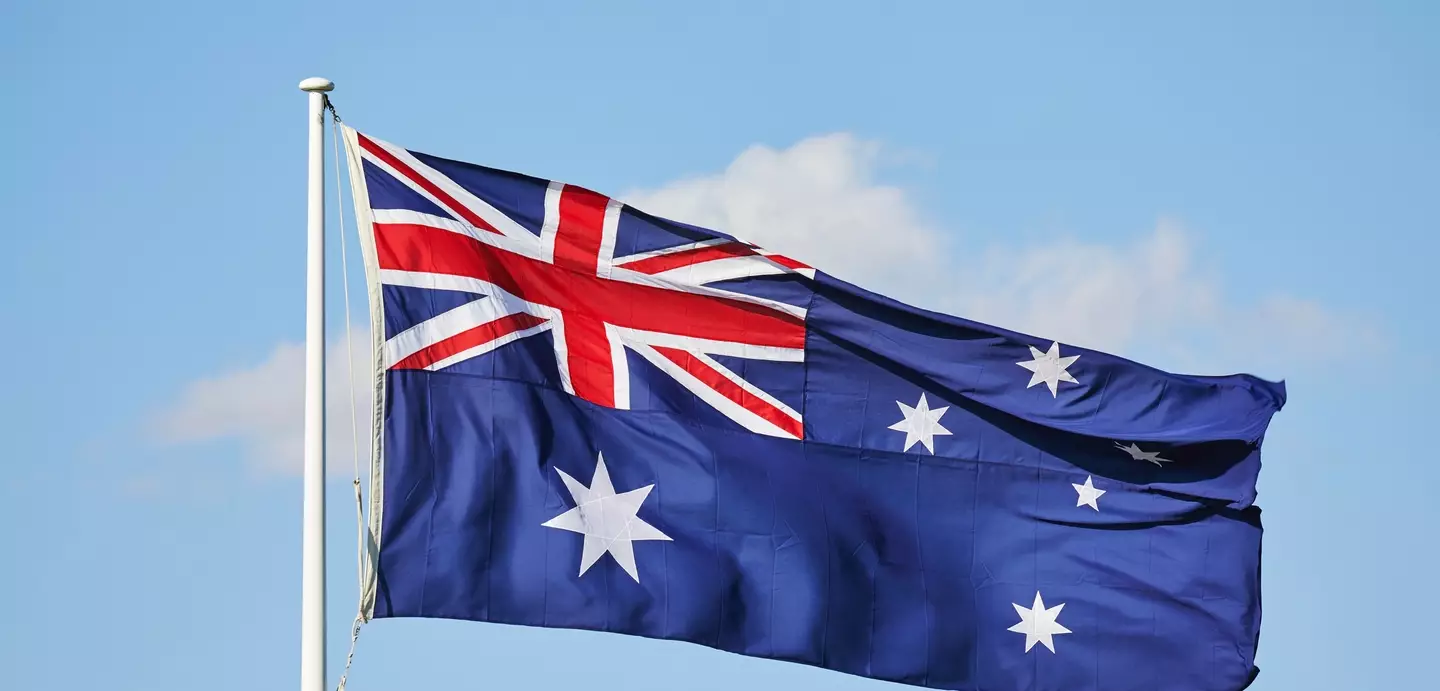The Land Down Under had a different name previously
If you thought The Land Down Under was always called Australia, that’s where you would be wrong.
In fact, the continent stole its name from a country that wasn’t even renamed until the 1890s.
Before this, Australia was called New Holland, which was coined by Dutch navigators.
But even before this, it was called various different things by the indigenous people who lived there before the region was discovered by the west.
It wasn’t until the English explorer, Matthew Flinders, circumnavigated the continent in 1804 and described it as ‘Australia’.

Matthew Flinders navigated the continent and called it ‘Australia’. (Getty Stock Photo)
When a map and book describing his journey was published in 1814, the name ‘Terra Australis’ was actually used instead.
However, Flinders always insisted his preference was still ‘Australia’.
So which country is the name stolen from?
It’s none other than the world’s coldest country – Antarctica.
Up until the early 1800s, nobody had seen this part of the world.
And it’s true that Antarctica doesn’t have true permanent residents to this day.
To put it simply, Antarctica used to be called Australia.
Then, in 1824, today’s Australia took the name, leaving the icy continent essentially without an actual name until the 1890s.
‘Antarctica-Australia’ was originally called Australia because it was believed to be part of the legendary ‘Terra Australis’ continent.
When the higher powers wanted a change from ‘New Holland’, they chose Australia.
In the time between this and choosing the final name, Antarctica was known as ‘the Antarctic Continent’.
People suggested names such as Ultima and Antipodea, which gained traction for some time.

Australia was previously named ‘New Holland (Getty Stock Photo)
But finally the 1890s rolled around, and somebody decided it would be perfect to add an extra ‘a’ and leave it at that.
The US Geographical Survey states: “The application of names to geographic features is an inherently human need, deriving from our desire to make a landscape familiar so that our place-based activities can be conducted more efficiently.
“Antarctica is no exception, and so there is a legitimate need for mechanisms to propose, review, and approve names of geographic features.”
One of the most interesting things about the frozen continent is that there is much yet to explore.
Wide-ranging scientific investigations take place at the bottom of the world every year.





